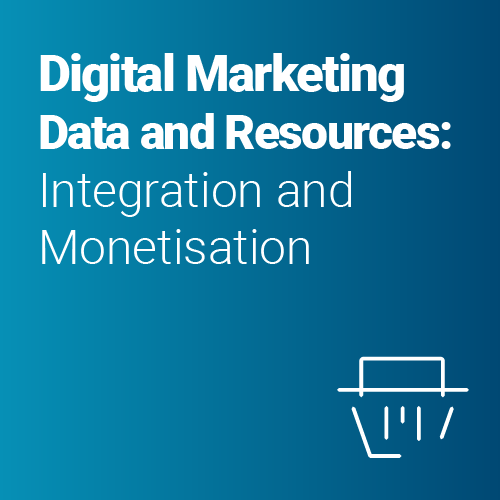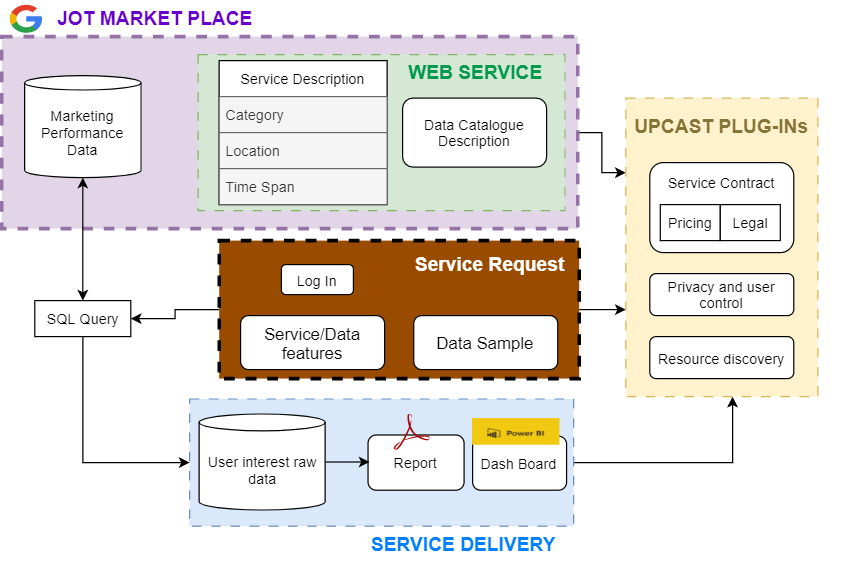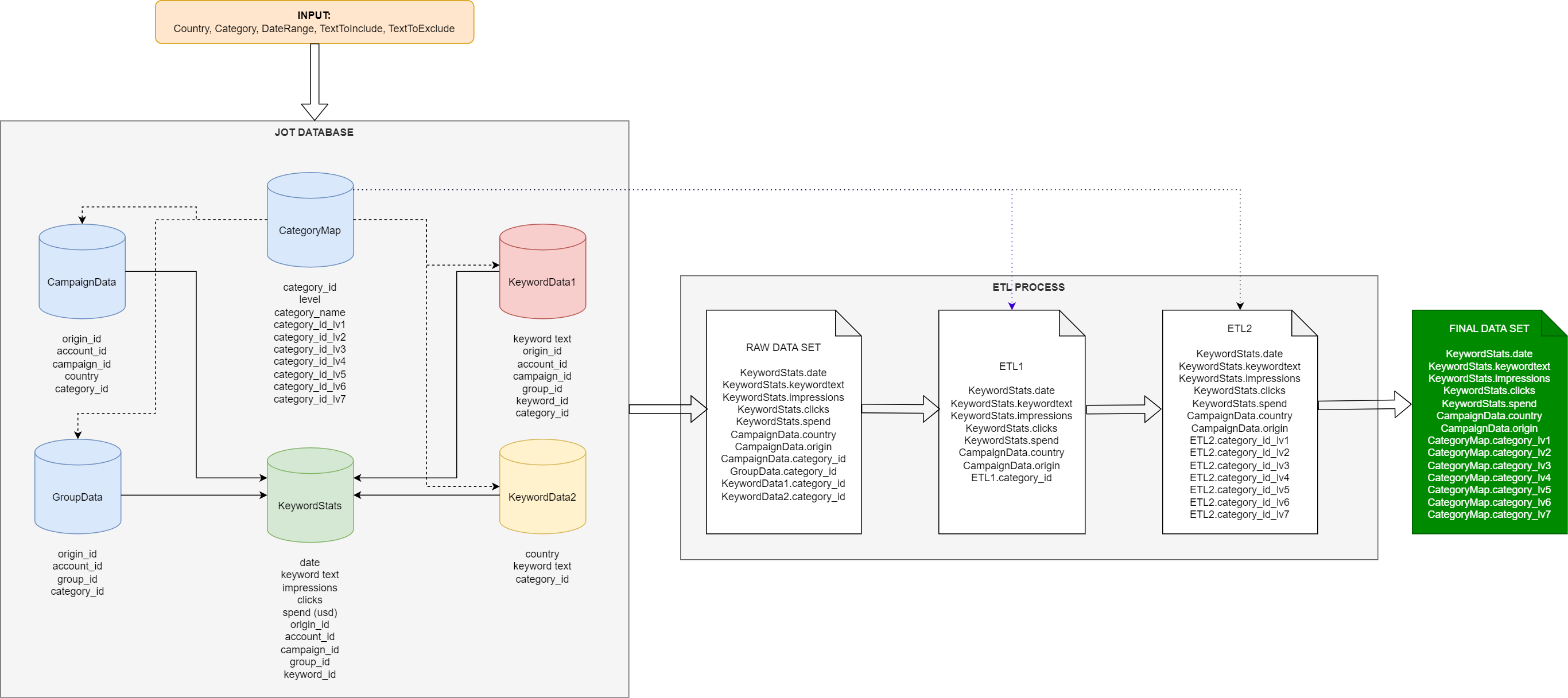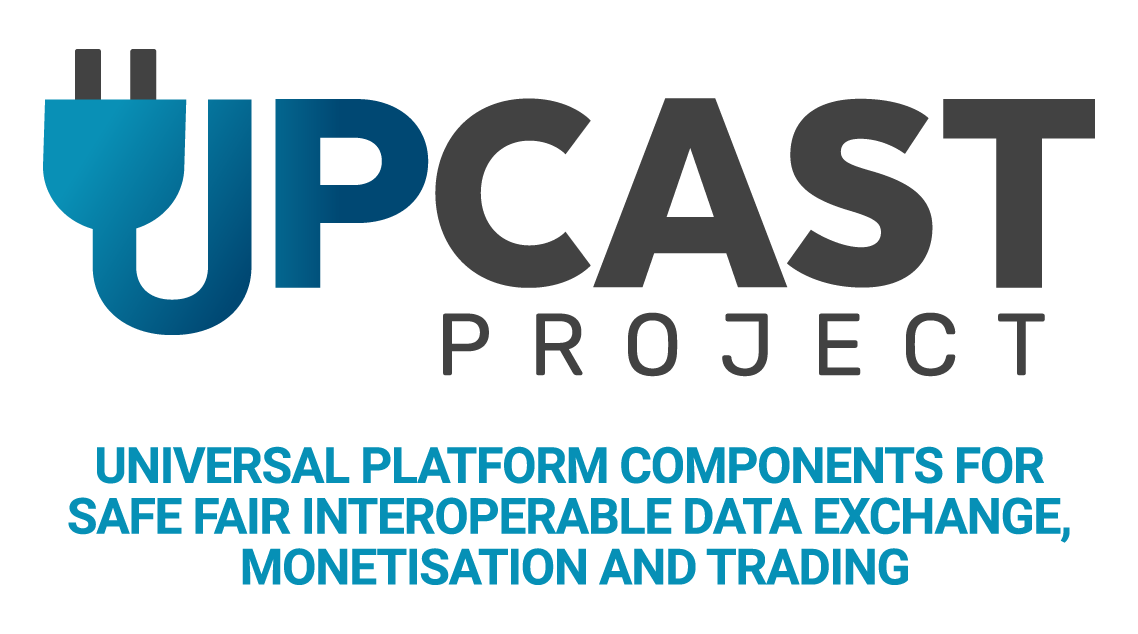

Digital Marketing Data and Resources
Today, data on the performance of digital marketing campaigns is only used to determine the most adequate optimization actions to increase the engagement and ROI of the active campaigns. However, there is high value in the data that is not exploited at all. By analyzing this type of data it is possible to determine the real user interests in a wide variety of business verticals (classified based on the Google categories taxonomy) and locations. For that reason, this pilot is developing a new data-as-service business model where data consumers can decide which data is needed and how the data and insights should be delivered.

The main components of the pilot are:
(i) the service request represents the interface where the data consumer can check some examples of the data sets, sign and log in, and define the service request based on a pre-defined set of filters and features;
(ii) the service signature is the component responsible for calculating the price of the service requested, define and sign the contract and
(iii) the service delivery, where the query is automatically generated based on the data consumer needs, and the different services are implemented (data sharing, and reporting).
In summary, this marketing related data as a service offers the possibility of getting access to new information and insights depending on the data consumer needs, who will be able to know more about real topics and interests in their targeted markets.
Contribution to Upcast:

The development and deployment of this pilot has associated critical challenges to be delivered in productive conditions:
1. Selection of the parameters to define the requested data set: So the data set request can be specific enough to address the data consumer needs but containing a significant amount of data to be able to calculate the insights of the market and domain.
2. Evaluation of the requested data and price calculation: Depending on both the service requested (combination of data set and reporting service) and the pricing competition in the market.
3. Transformation of the service request in a SQL query: To reduce the human coding effort (and errors) and promote the scalability of the service
4. Definition of report templates and KPIs: Enabling the automation of the document generation with the main insights for each data service request as well as the definition of relevant KPIs to support the initial analysis of the data.
Website:
https://www.jot-im.com/innovation/upcast/
Contact person:

